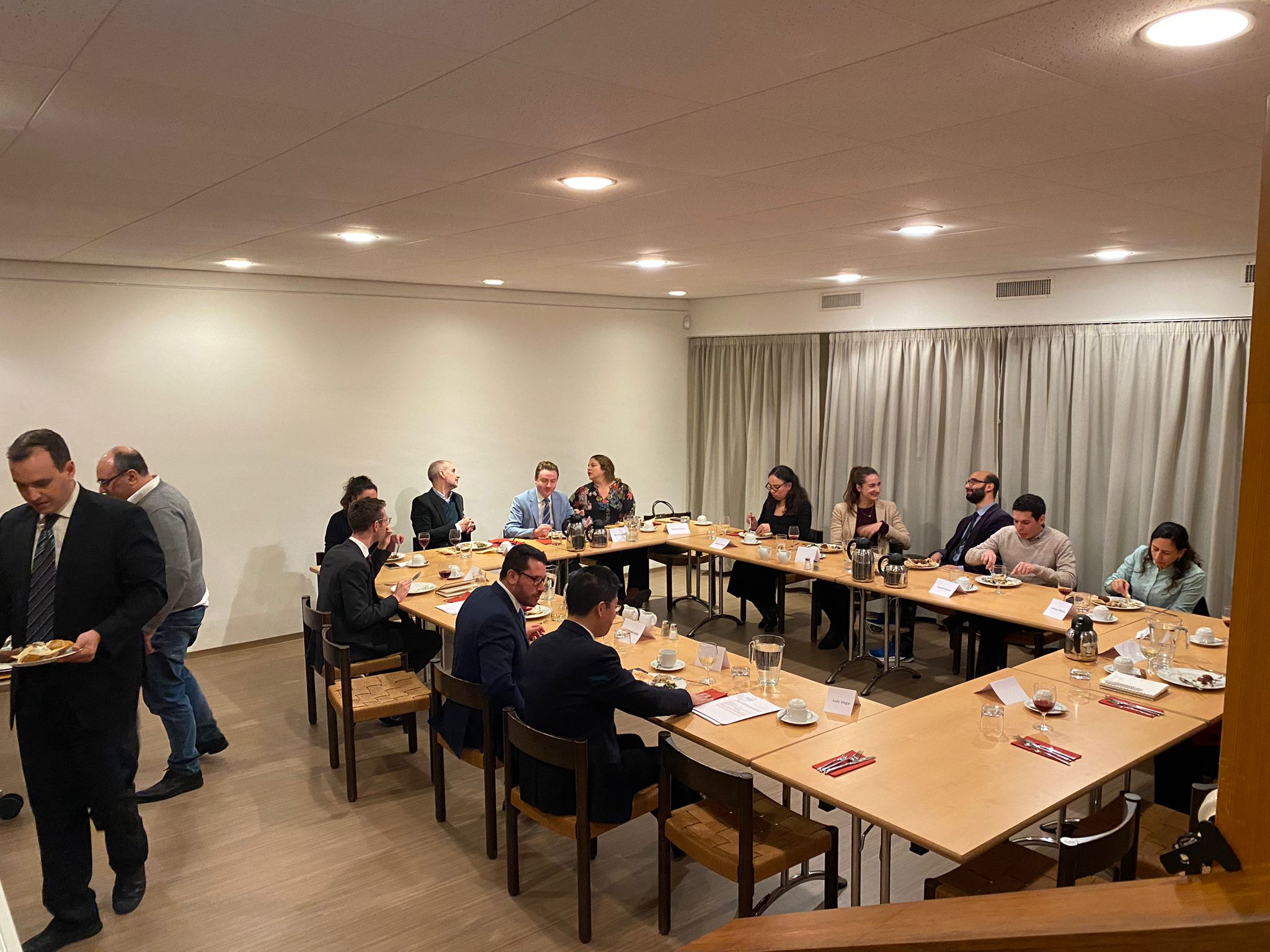|
QUNO, and the Center for International Environmental Law (CIEL) organized an event to discuss trade measures in the context of the Treaty to end plastic pollution. The webinar provided attendees with a better understanding of: (1) the scope of international trade and plastics, including the latest numbers and figures; (2) how the World Trade Organization is addressing plastic pollution through its Dialogue on Plastic Pollution; (3) the historical dynamic and inclusion of trade provisions in multilateral environmental agreements, and the importance of trade provisions for the efficiency and implementation of control measures in the plastic treaty process. Additionally, attendees learned from our Senior Technical Advisor, Ronald Steenblik, about (4) relevant subsidies to plastic production; and (5) were updated on the status of negotiations for the treaty to end plastic pollution moving forward toward the next Intergovernmental Negotiating Committee toward a treaty to end plastic pollution. |

Humanitarian Challenges in Myanmar: Navigating Conflict and Crisis
On 9 July, the Quaker United Nations Office hosted a private briefing on Myanmar’s humanitarian crisis in the aftermath of the devastating 7.7 magnitude earthquake that struck on 28 March 2025. At Quaker House, Gum San Nsang, Secretary of the Kachin Political Interim Coordination Team, briefed UN diplomats. With the monsoon season threatening to worsen the humanitarian crisis, he emphasized the need for the international community to address aid distribution issues, reminding them that “each day later is a day worse than before.” In his remarks, Gum San noted that the distribution of humanitarian assistance has been exacerbated by the dwindling control of the military junta that seized control during a coup in 2021. He explained that the military has prevented aid from reaching parts of the country not under its control, while diverting aid to its own stockpiles. Beyond the focus on humanitarian issues, Gum San also addressed the ongoing conflict situation between the military and armed resistance groups. He highlighted that the struggle to control the mining of rare earth minerals represents a major driver of conflict, especially in northern Myanmar. Currently, the UN’s Office of Coordination of Humanitarian Affairs (OCHA) estimates that 20 million people, over one […]






